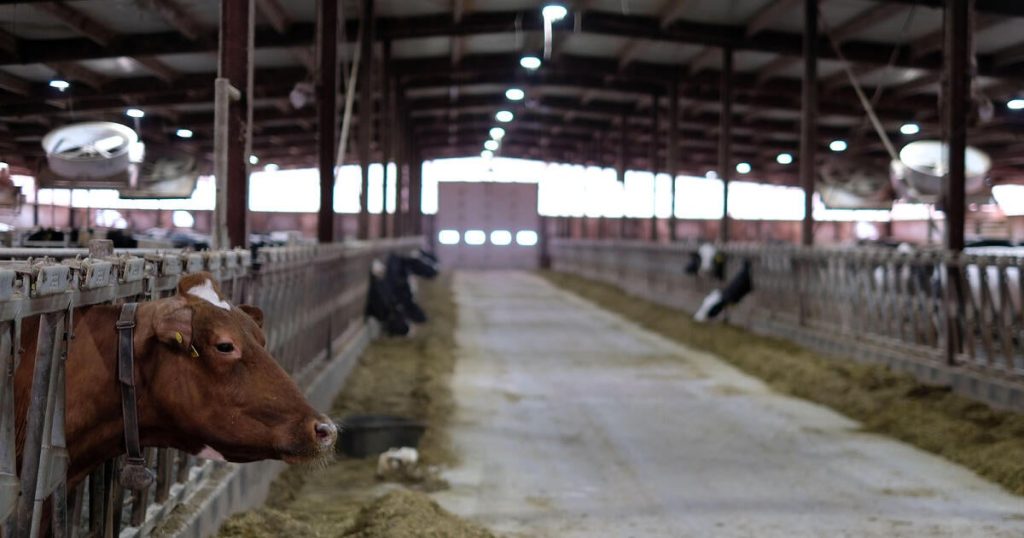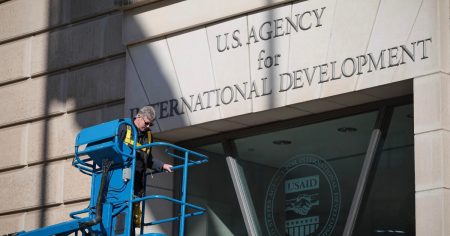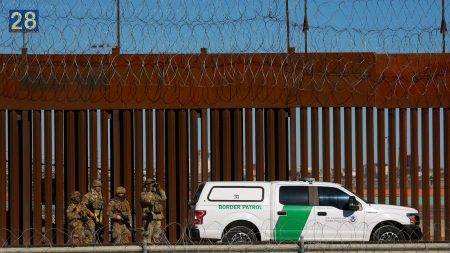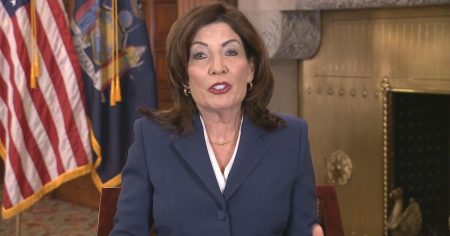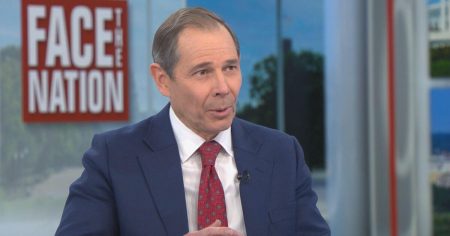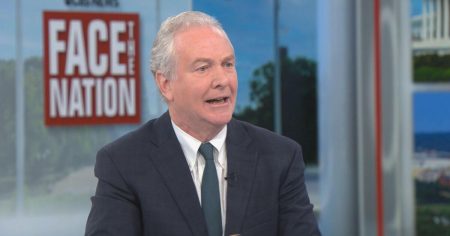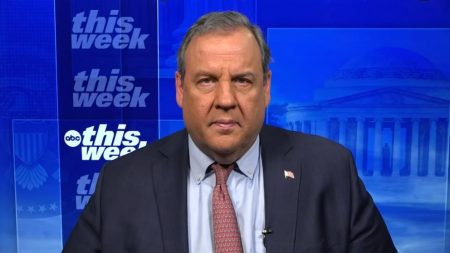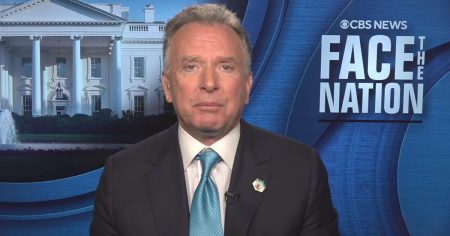The Life of a Fifth-Generation Farmer: John Rosenow’s Story
John Rosenow, a fifth-generation farmer in Waumandee, Wisconsin, is the proud owner of over 900 acres of land and a herd of more than 600 dairy cows. His farm, a testament to his family’s legacy, is a bustling hub of agricultural activity. However, Rosenow’s success is not solely due to his heritage or expertise; it is heavily reliant on the hard work of immigrant laborers, who constitute about 90% of his workforce. These workers are the backbone of his operation, ensuring the farm runs smoothly and efficiently. Rosenow acknowledges the crucial role these immigrants play, emphasizing that without them, his farm would struggle to function.
Meet Kevin: A Young Immigrant’s Journey
Among the many immigrants working on Rosenow’s farm is Kevin, a young man from central Mexico who crossed the U.S. southern border illegally at the age of 18. Now 21, Kevin is one of the approximately 11 million undocumented immigrants living in the United States. His story is one of resilience and sacrifice, driven by the desire to provide for his family back home. Kevin’s duties on the farm are demanding; he works 12 hours a day, six days a week, often starting as early as 3 a.m. Despite the grueling schedule, Kevin finds the pay superior to what he could earn in Mexico, which motivates him to persevere. Both Kevin and his father, who also works on the same farm, support their family in Mexico, illustrating the profound impact their labor has on their loved ones.
The Integral Role of Immigrants in Dairy Farming
Kevin’s story is not unique. Across the United States, immigrants are indispensable to the dairy industry. A study by Texas A&M University reveals that over half of all workers in this sector are immigrants, many of whom are undocumented. Dairy farms often face challenges in accessing seasonal visa programs, which are more commonly utilized in other agricultural sectors. This reliance on undocumented workers is, in part, due to the year-round nature of dairy farming, which requires consistent labor. Immigrants like Kevin fill this labor gap, often working for wages that are lower than what American workers would typically accept. Despite the lower pay, these workers are driven by the need to support their families, both in the U.S. and abroad.
Economic Realities and Challenges for Farmers
For farmers like John Rosenow, the economic realities of hiring American workers present significant challenges. Rosenow estimates that hiring American workers would cost him approximately $100,000 per person annually, with workers likely putting in only 40 to 50 hours a week. This financial burden is unsustainable for his farm, making immigrant labor not just beneficial but essential. The lower wages accepted by immigrant workers allow Rosenow to maintain profitability, which is crucial for the survival of his business. However, this arrangement is not without its controversies, as it raises questions about fair compensation and the exploitation of vulnerable workers. Despite these ethical considerations, the economic necessity of immigrant labor for many farms like Rosenow’s cannot be overlooked.
Fears and Uncertainty Under Changing Immigration Policies
The shifting political landscape, particularly under the Trump administration, has introduced significant uncertainty for both farmers and immigrant workers. Rosenow fears the potential deportation of his workforce, which he believes would lead to the swift demise of his farm. "I’m out of business. And it wouldn’t take long," he remarked, highlighting the precariousness of his situation. This fear is not unfounded, as immigration enforcement actions have increased, creating an environment of anxiety for undocumented workers. However, Kevin, despite the risks, appears less fearful. He recalls past threats of mass deportations under previous administrations that never materialized, suggesting a sense of cautious optimism. Yet, the possibility of being separated from his family and the life he has built in the U.S. remains a constant, underlying worry.
Perspectives on the Future: Hope and Resilience
As the debate over immigration policy continues, the stories of John Rosenow and Kevin offer a glimpse into the complex realities faced by farmers and immigrant workers. Rosenow’s fear of losing his workforce underscores the vulnerability of industries reliant on immigrant labor, while Kevin’s resilience highlights the determination of those seeking a better life. Both their stories illustrate the interconnectedness of their fates and the broader implications of immigration policies on the economy, families, and communities. While the future remains uncertain, the resilience and hope of individuals like Kevin and the pragmatic concerns of farmers like Rosenow remind us of the human dimension of this critical issue.





